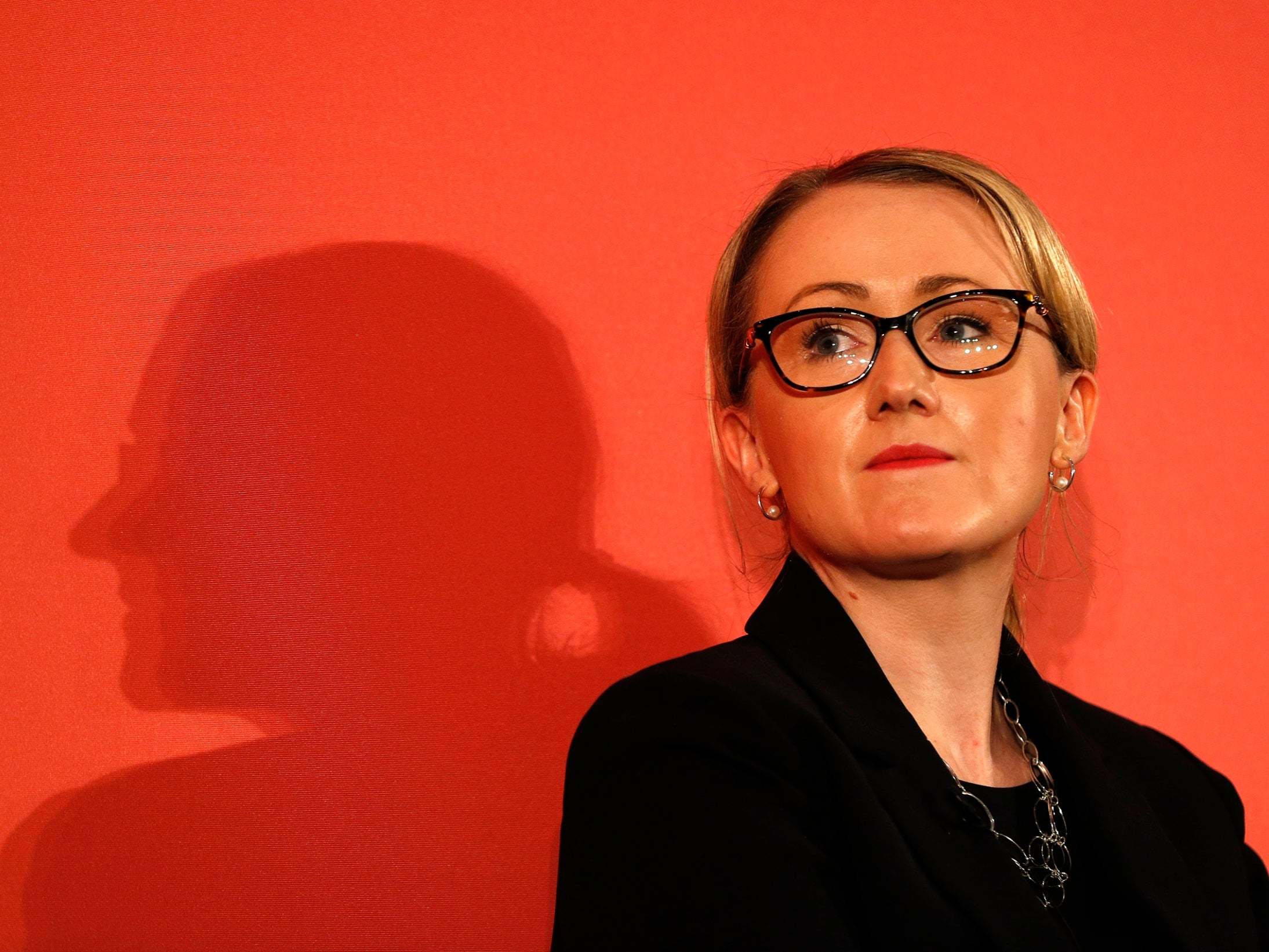Coronavirus: Rebecca Long-Bailey calls for National Food Service to help people in isolation
Deliveries would be carried out by the Royal Mail with empty leisure facilities used as storage and packing hubs
Your support helps us to tell the story
From reproductive rights to climate change to Big Tech, The Independent is on the ground when the story is developing. Whether it's investigating the financials of Elon Musk's pro-Trump PAC or producing our latest documentary, 'The A Word', which shines a light on the American women fighting for reproductive rights, we know how important it is to parse out the facts from the messaging.
At such a critical moment in US history, we need reporters on the ground. Your donation allows us to keep sending journalists to speak to both sides of the story.
The Independent is trusted by Americans across the entire political spectrum. And unlike many other quality news outlets, we choose not to lock Americans out of our reporting and analysis with paywalls. We believe quality journalism should be available to everyone, paid for by those who can afford it.
Your support makes all the difference.Rebecca Long-Bailey has called for the government to establish a “National Food Service” to help people isolating due to the coronavirus pandemic.
The Labour leadership candidate said a “comprehensive and coordinated” service should allow households in need to receive weekly packages of free essentials, delivered by the Royal Mail.
Under the shadow business secretary’s plan, the packages would include food and basic hygiene and pharmaceutical products, like toilet roll and paracetamol.
It comes after the Communications Workers’ Union last week voted for its postal workers to offer their labour as a “fourth emergency service” during the pandemic.
The packages under Ms Long-Bailey’s plan would be available to households in need, whether through isolation, lack of mobility or financial difficulties.
The policy also would also aim to take the pressure off supermarkets and slow the spread of the virus by allowing people to stay at home – with empty leisure spaces like cinemas used as temporary storage and packing facilities.
“We’ve all seen the empty supermarket shelves and worried whether our friends and loved ones will have everything they need during the outbreak,” Ms Long-Bailey said.
“Supermarkets have worked incredibly hard to stay stocked and implement their own forms of rationing on essential items but it’s not working. The supermarkets can’t be expected to deliver on their own.
“We need a comprehensive and coordinated response from the government that I call the National Food Service. This service would coordinate the supermarkets and their supply chains and work with Royal Mail so that everyone receives the essentials who needs them. We really can make sure that no one is left behind in this crisis.”

Meanwhile Keir Starmer, the frontrunner in the Labour leadership contest, has said that the “extraordinary times” of the pandemic meant the government should “now set out further compliance measures”.
Though Sir Keir did not specify any specific measures, he said they should resemble “those introduced in other countries”.
“These are vital days in the battle against the coronavirus,” he said. “Any additional measures should sit alongside a national plan of action to support people to cope, including the most vulnerable and self-employed.”
At the weekend the government announced that it was looking at distributing food and aid packages to 1.5 million “extremely vulnerable” people.
Communities Secretary Robert Jenrick said he had been “working with councils, with supermarkets and with the armed forces, to ensure that food and other basic supplies can be delivered to the doorstep of these people, hundreds of thousands of people across the country for as long as it takes”.
In some parts of the country, communities have organised their own efforts to distribute food and supplies to their neighbours.
Supermarket shelves in some regions have been left empty as supply chains struggle to cope with people stocking up for a potentially long stay at home. Restaurant closures, school closures and increased home working is also thought to have put more pressure on shops, which people are turning to for an increased number of meals during the pandemic.
Increased scarcity of food has also put pressure on food banks, with some warning they are close to collapse.

Join our commenting forum
Join thought-provoking conversations, follow other Independent readers and see their replies
Comments